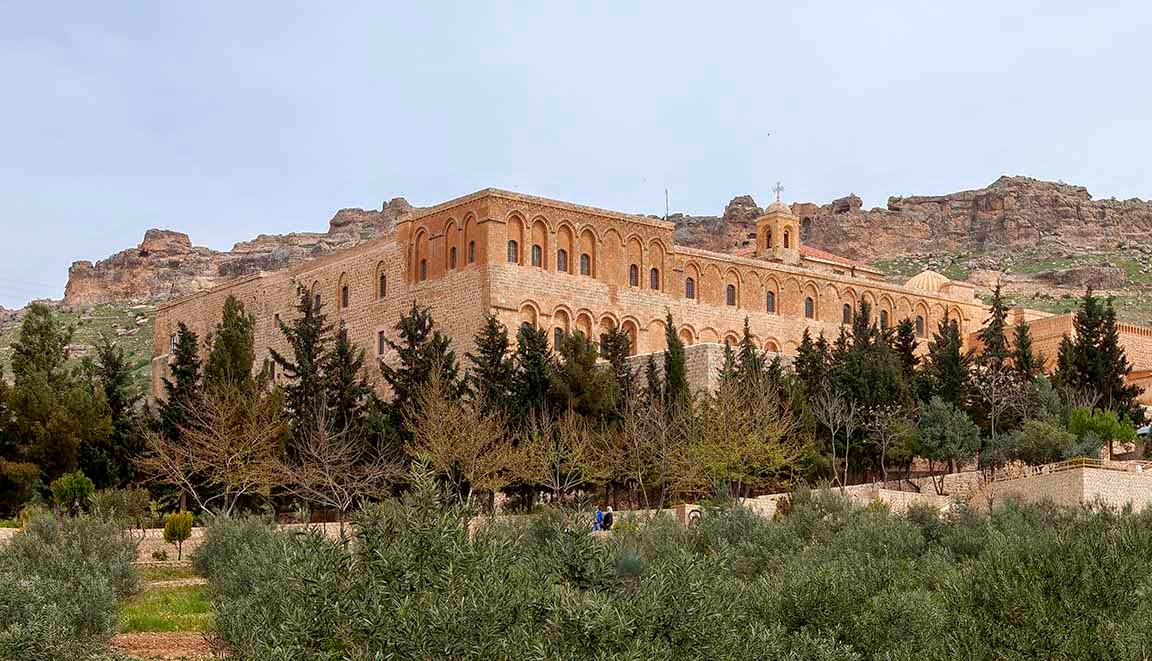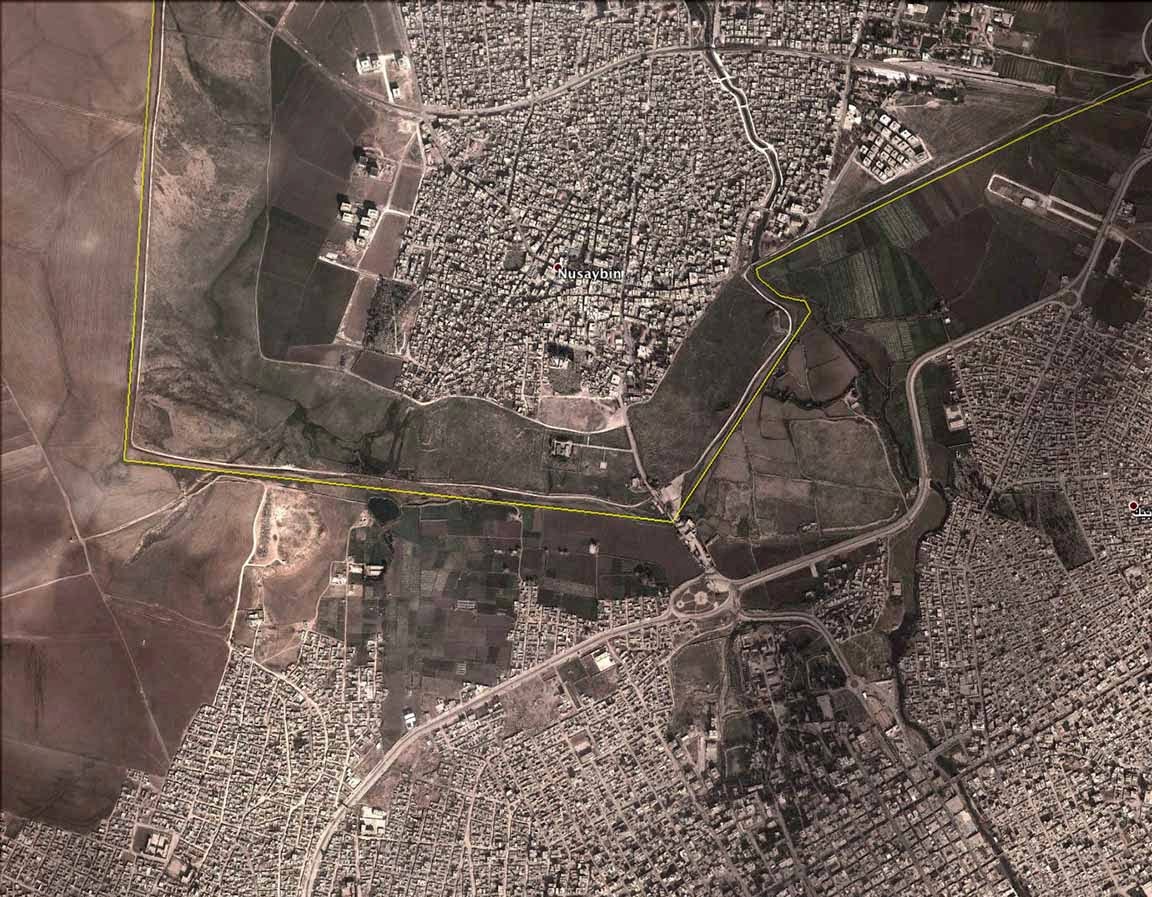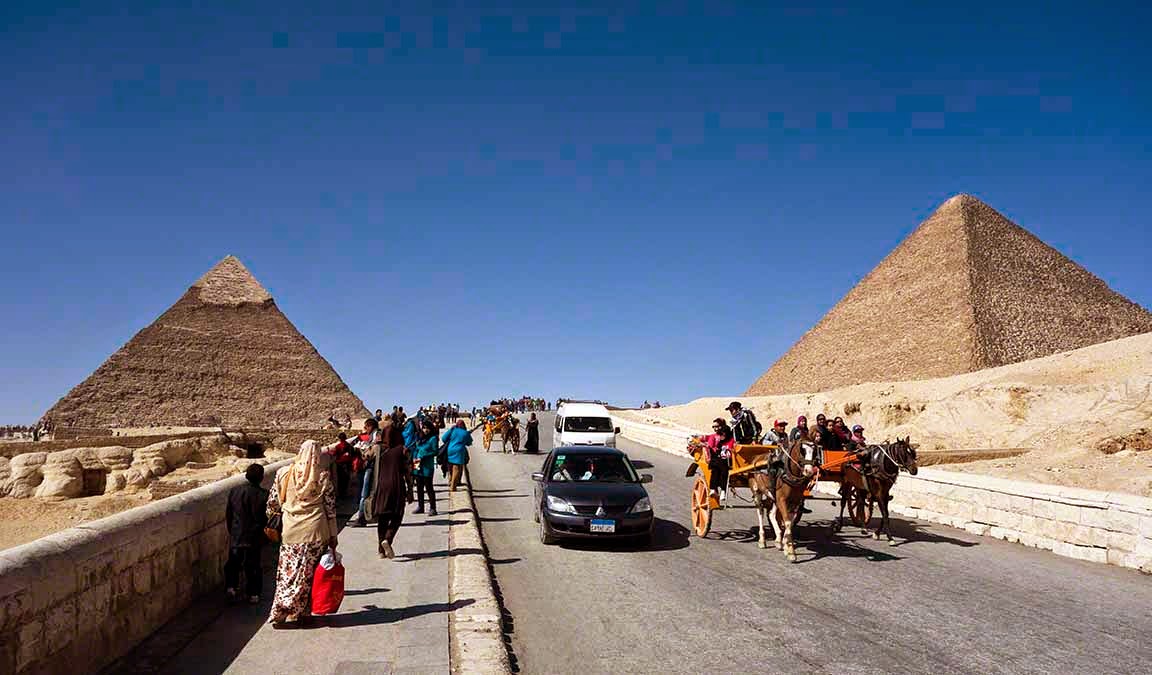Uzbekistan | Tajikistan | Birthplace of Rudaki
The dispute over the birthplace of the Poet Rudaki (858–c.941) is heating up and may soon lead to wine-throwing and fist-fights among enthusiasts of tenth-century Persian poetry. It appears that both Uzbekistan and Tajikistan are claiming Rudaki as one of their own. According to some sources Rudaki (or Rudagi, as it is often rendered in English) was born in the village of Rudak, sometimes called Panjrudak. This village does not show up on any available maps, but it is said to be near Urgut, twenty miles southwest of Panjakend, or twenty-three miles southeast of Samarkand. Urgut, however, is in Uzbekistan, seven miles from the Uzbek-Tajik border. Since Rudak or Panjrudak is described only as “near” Urgut, it could be across the border in Tajikistan.
Places connected with Rudaki. The Uzbek-Tajik border is in yellow (click on image for enlargement).
Others, however, including some people in Tajikistan, insist that he was born in a small village on the upper reaches of the Kshtut River. There is a place named Kshtut 47 miles south of Panjakend, in Uzbekistan, just fifteen miles west of the border. This is an extremely mountainous area. Right on the border here is the highest point in Uzbekistan, 15,233-foot Khazret Sultan Mountain. Whether this is the Kshtut referred to by my informants I cannot say.
Other people claim that his name Rudaki, or Rudagi, comes not from his village, but from the name of a musical instrument known as the “rood”, which Rudaki played to perfection. But then in certain Tajik dialects “roodek” is said to mean “blind”, and thus the poet’s name may refer to his alleged blindness and not to the village where he was born. So the origins of the poet’s name are not so clear-cut after all. Anyone who has any more information on this subject please feel free to weigh in. But please, no wine-tossing. Wine is too valuable to waste. As Rudaki himself said:
Were there no wine all hearts would be a desert waste, forlorn and black, But were our last life-breath extinct, the sight of wine would bring it back.
A modern-day version of the instrument known as a “rood”.





